- 20 Posts
- 15 Comments
Nice to hear a recent performance, and such a captivating one at that. The dynamics on the tremolos in the first movement are lovely. Nice bassoon part at 9:50, in the fire chaconne, too. Interesting percussion. Do you happen to know whether the percussion would have been historically accurate?

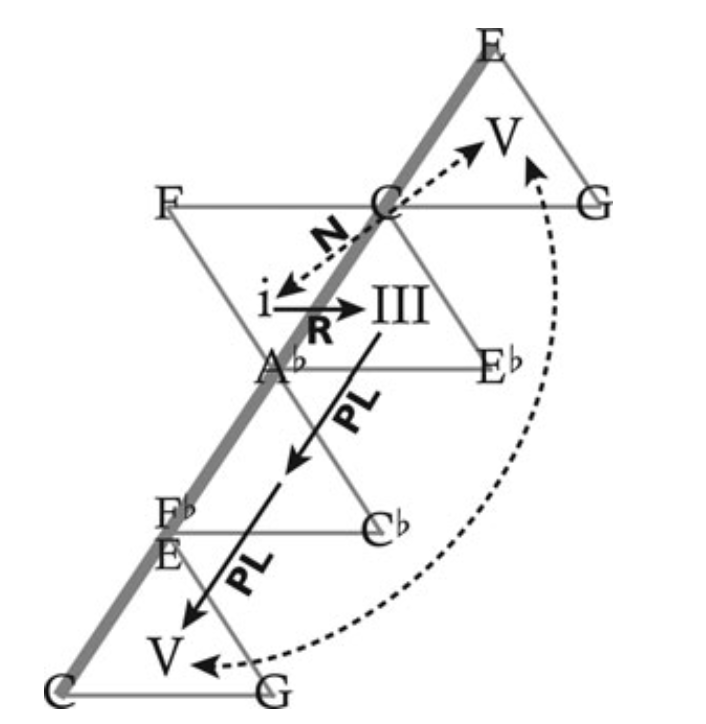 2·1 year ago
2·1 year agoThe guy has a bachelor’s degree in performance from what amounts to a trade school. He’s a reasonably competent musician, but just like I wouldn’t expect a plumber with the same education attainment to be an expert in materials science and the history of municipal engineering, I wouldn’t expect a bass player with a performance degree to be an expert in music theory, music history, conducting, linguistics, or any of the other fields Neely comments upon when he has an agenda.
Cool. Link us in your sidebar, we’ll do the same.
I think it’s funny that there’s such an emphasis on simplicity and accessibility in self-study resources, yet the one book I consistently see mentioned by self-teachers is CiC.
A peer group can certainly be a good motivator as well.

 1·1 year ago
1·1 year agoThis arrangement blew me away when I first heard it.

 3·1 year ago
3·1 year agoI mean, roughly, it’s okay. The progression strikes me as very old school. Look at this:
Year 5: Music Theory: Introduction to jazz harmony and improvisation.
Guess what year jazz majors start doing jazz harmony and improvisation? 1! The logic here is something you see in theory textbooks from about 20 years ago, where everything past 1900 is treated as an addendum to what they considered the “normal” range of theory.
My other criticism is that this curriculum is too vague, and this contributes to the unintuitive ordering of topics. Even if you went about learning it systematically, you would probably find yourself reshaping it based on the content you are learning.
What would I do? Get a good modern theory textbook and go through it from cover to cover. Learn ear training topics in parallel to the theoretical topics.

 2·1 year ago
2·1 year agoThe formatting makes this difficult to read on mobile. Instead of this
Introduction to staff notation and reading music in treble clef. Understanding basic rhythms, including whole notes, half notes, quarter notes, and eighth notes. Identification and understanding of major scales and key signatures. Introduction to intervals (e.g., major 2nd, minor 3rd) and basic chord construction (major and minor triads). Introduction to basic time signatures and simple meter. Basic understanding of musical symbols, dynamics, and articulations.Try this:
- Introduction to staff notation and reading music in treble clef
- Understanding basic rhythms, including whole notes, half notes, quarter notes, and eighth notes.
- Identification and understanding of major scales and key signatures.
- Introduction to intervals (e.g., major 2nd, minor 3rd) and basic chord construction (major and minor triads).
- Introduction to basic time signatures and simple meter.
- Basic understanding of musical symbols, dynamics, and articulations.

 2·1 year ago
2·1 year agoIn Irish and Scottish instrumental folk music, it’s common to perform a “set” of the same kind of dance tunes. They don’t have to be in the same key or anything. Being the same kind of dance (a jig, for example) guarantees the meter is continuous though.
What @quixotic120 said.
You can look at what they do in music school by searching for musicianship/aural skills syllabi.
- https://arts.ufl.edu/site/assets/files/162483/mut_1241l_aural_skills_1_syllabus.pdf
- https://digitalmeasures.utep.edu/ai/sbnordstrom/schteach/Aural Skills I Syllabus Fall 2021-2.pdf
- https://www.uttyler.edu/music/files/syllabi/syllabus-musi1117.pdf
- https://s3.amazonaws.com/mirror.facultyinfo.unt.edu/jjh0137/schteach/2942_2170_1410_008_syllabus.pdf
- https://s3.amazonaws.com/mirror.facultyinfo.unt.edu/jjh0137/schteach/19464_2170_2510_3_syllabus.pdf
- https://www.nyu.edu/content/dam/nyu/globalPrgms/documents/prague/academics/spring2022/Syl_Prague_MPATC-UE9009P01Pudlak_Spring2022.pdf
- https://uh.edu/~tkoozin/theory1/
These are the usual topics (more or less in the order they are introduced, but about halfway through become simultaneous):
- Interval identification
- Chord quality identification (triads, later seventh chords)
- Scale identification (usually major and natural/harmonic/melodic minor, but some do modes and other types of scales too)
- Solfège
- Sight singing (rhythmic and melodic)
- Conducting
- Melodic dictation
- Rhythmic dictation
- Harmonic dictation
- Polyphonic dictation
Keep in mind that you’ll do these with a concurrent course in theoretical topics.
I should also emphasize that having a good command of theory is of tremendous help to developing your ear; a lot of what we do, especially for hard-to-hear things like inner voices in a thick texture, is logical inference based on things we know. There’s a video by Sean Wilson that demonstrates this nicely.
I happen to agree.
 1·1 year ago
1·1 year agoFYI, it took me forever to post this. It would always hang when I hit the “post” button. Lemmy’s servers must be struggling with the new traffic. Refreshing and immediately posting seems to help.

 2·1 year ago
2·1 year agoUnfortunately, characters like Neely exist because of a general lack of knowledge and interest on the part of the public that also props him up. He’s like any of these other TED Talk infotainment guys, circulating shallow, inaccurate, harmful ideas with absolutely no accountability.
Occasionally he’s on the money. There’s a video about tritones that I really don’t object to. From a musicology/history of theory perspective, there’s nothing controversial about it and I appreciate that he’s pushing back on a common myth.
Other times, he says some really dubious stuff. There’s that video about some modulation in a Celine Dion song that pieces together its argument from another feel-good edutainment music theory work that nobody examines critically, Harmonic Experience by W.A. Mathieu, and some idealistic embodiment stuff (vulgar though; he doesn’t cite Arnie Cox or anyone like that, not that I think that would make it any better). The experienced analyst really has to suspend their disbelief. The harmonic dualism he draws from Mathieu was called out as nonsense back in the 19th century, for fuck’s sake.
Then, there’s another video on that Recorder Team lady’s channel where we learn that Neely has never before heard of red notation or the rhythmic craziness of Ars Subtilior/Trecento music. Do they not teach music history at Berklee?
When I watch his videos, I get the pervasive sense that he only first encounters the concept at hand a few weeks before, and his familiarity with said topic is limited to what he researched for that specific video. He basically makes undergraduate research essays with a budget. And people pay him for it and take it for gospel.
I said I would come, and here I am.
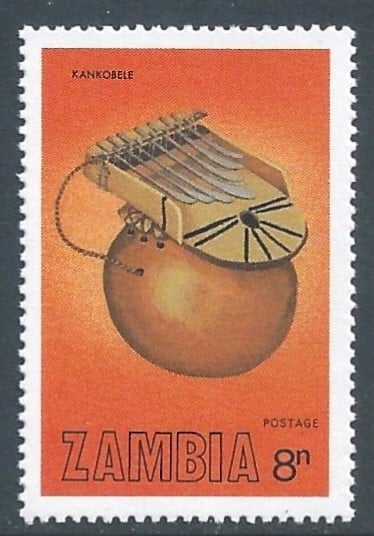
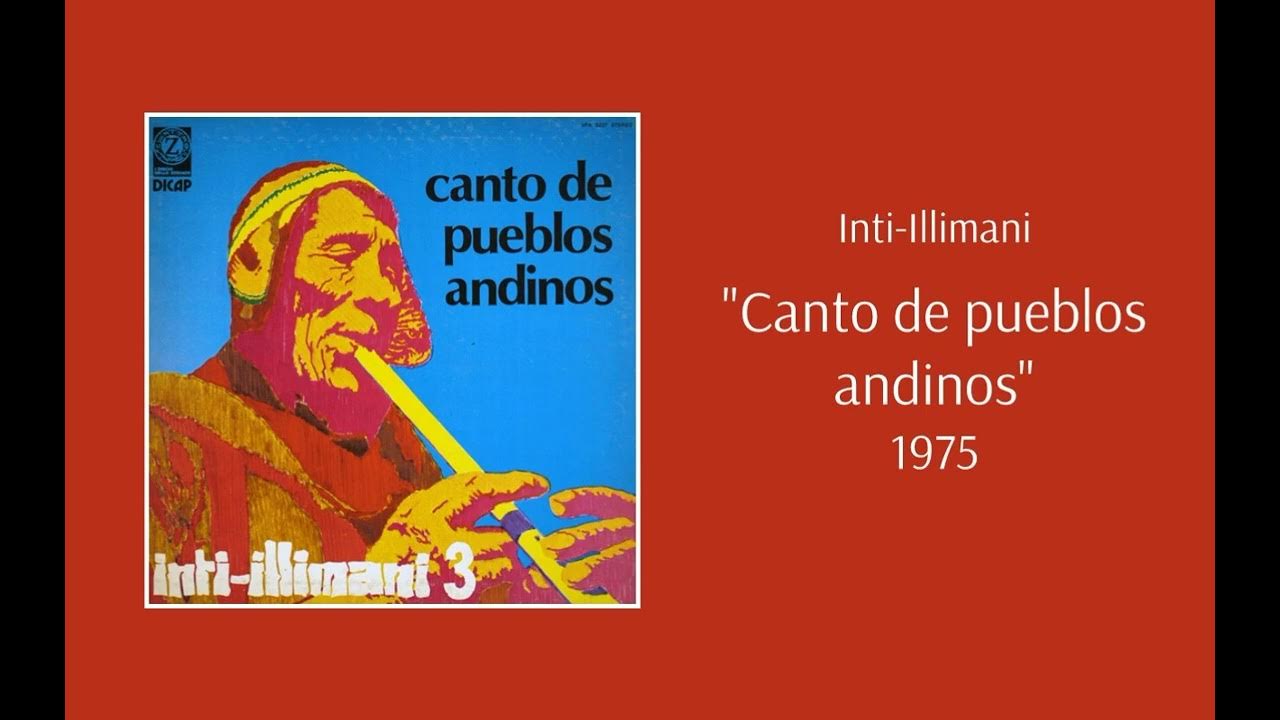
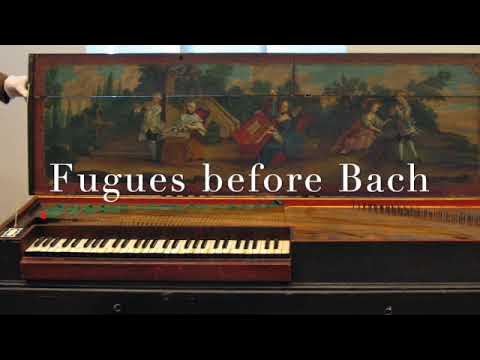
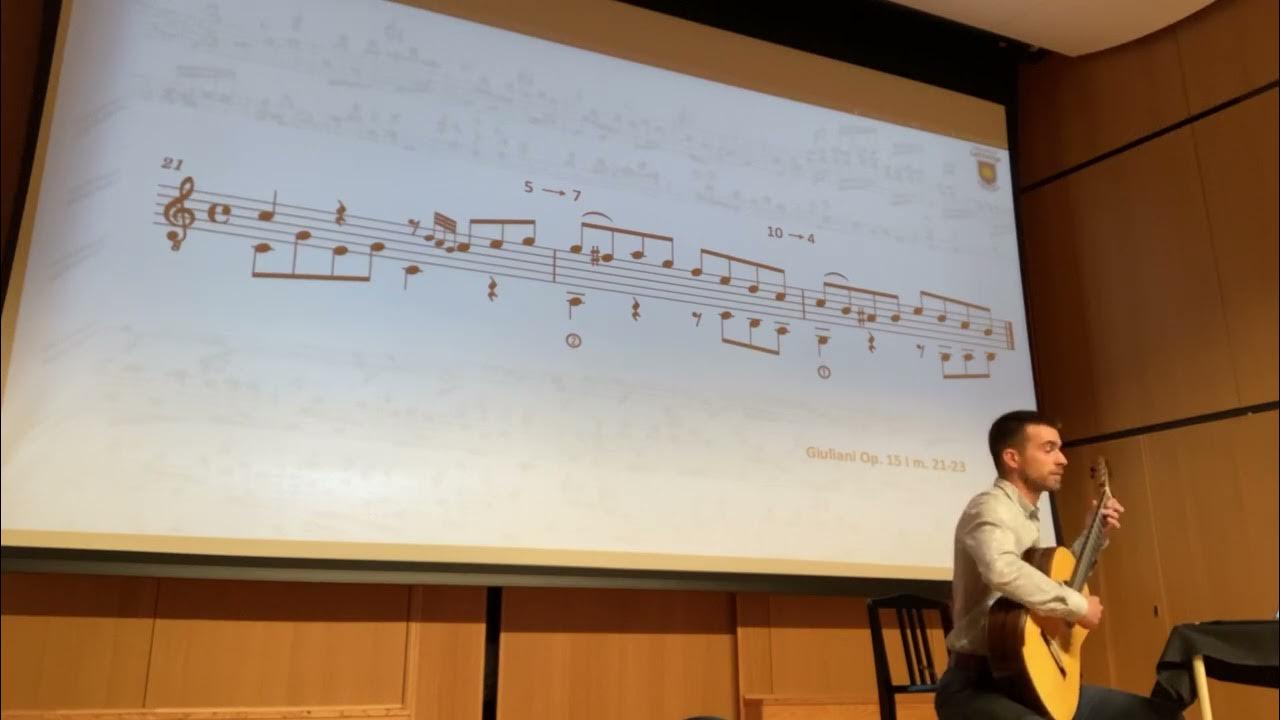
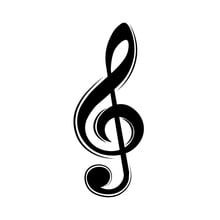
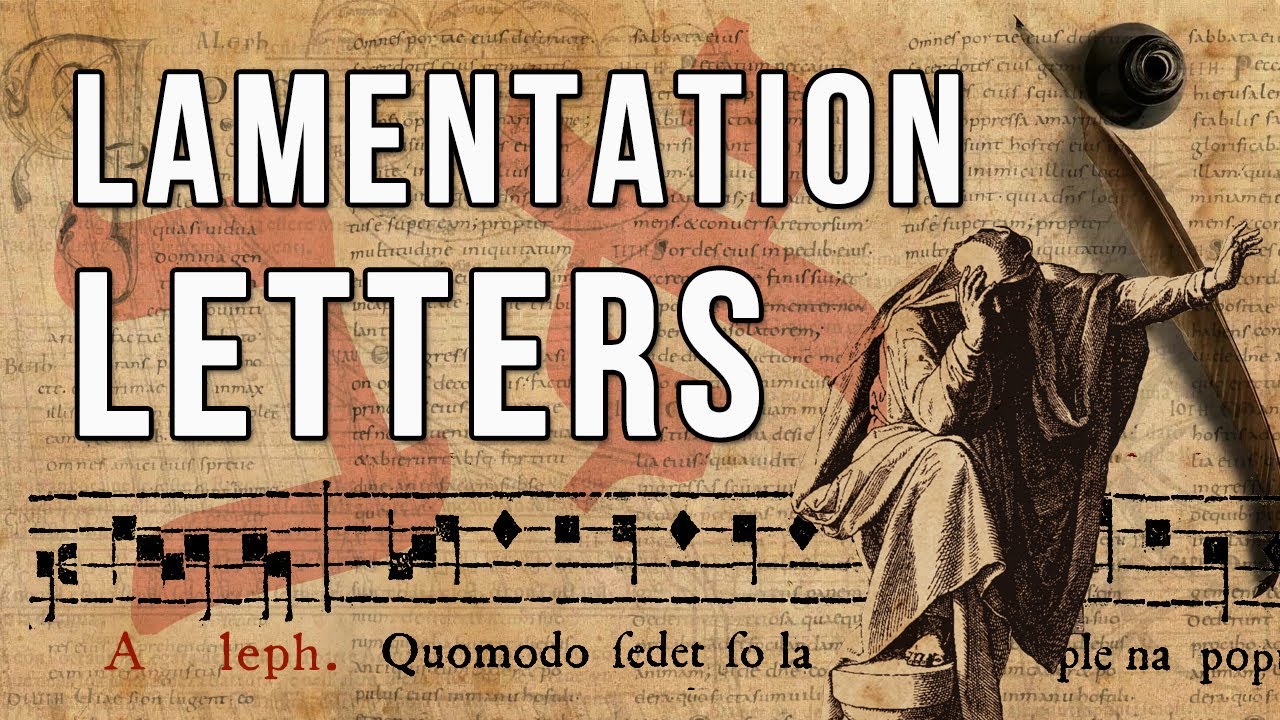


I will join you in your optimism. Who knows, maybe this platform will pick up steam in the future. I’ve encountered quite a few technical challenges with Lemmy too, so I can see that if things persist as they are, there would be a barrier to people participating here.